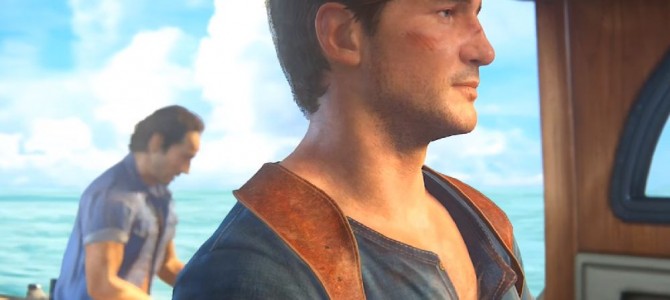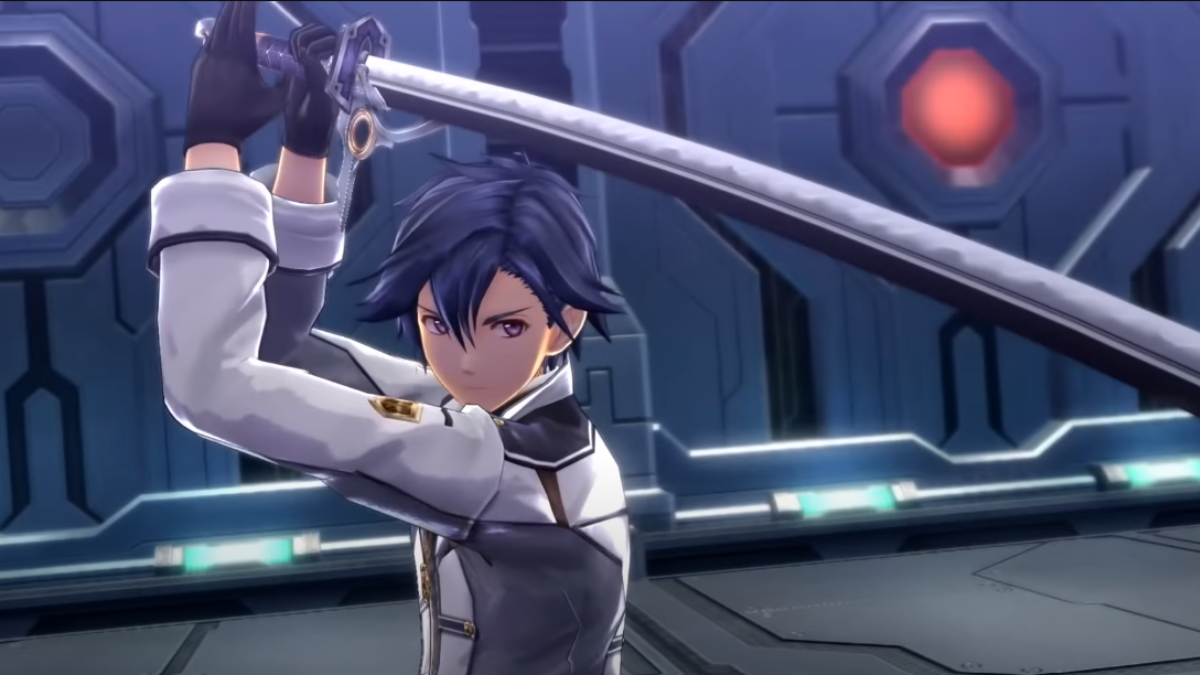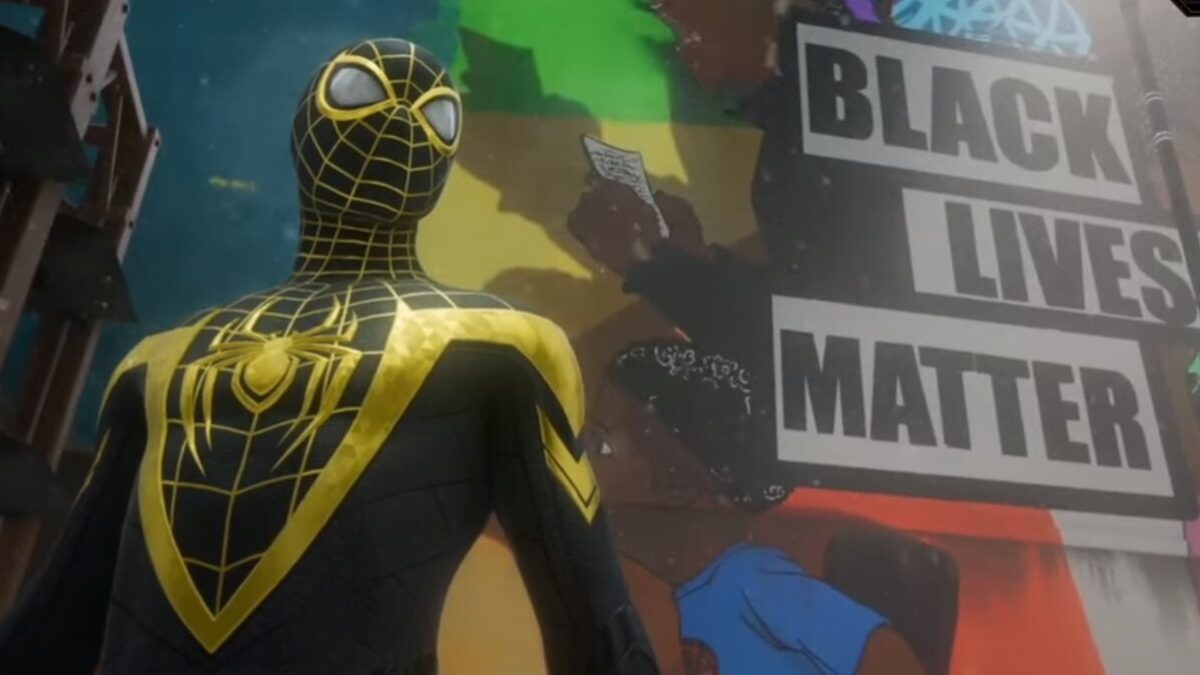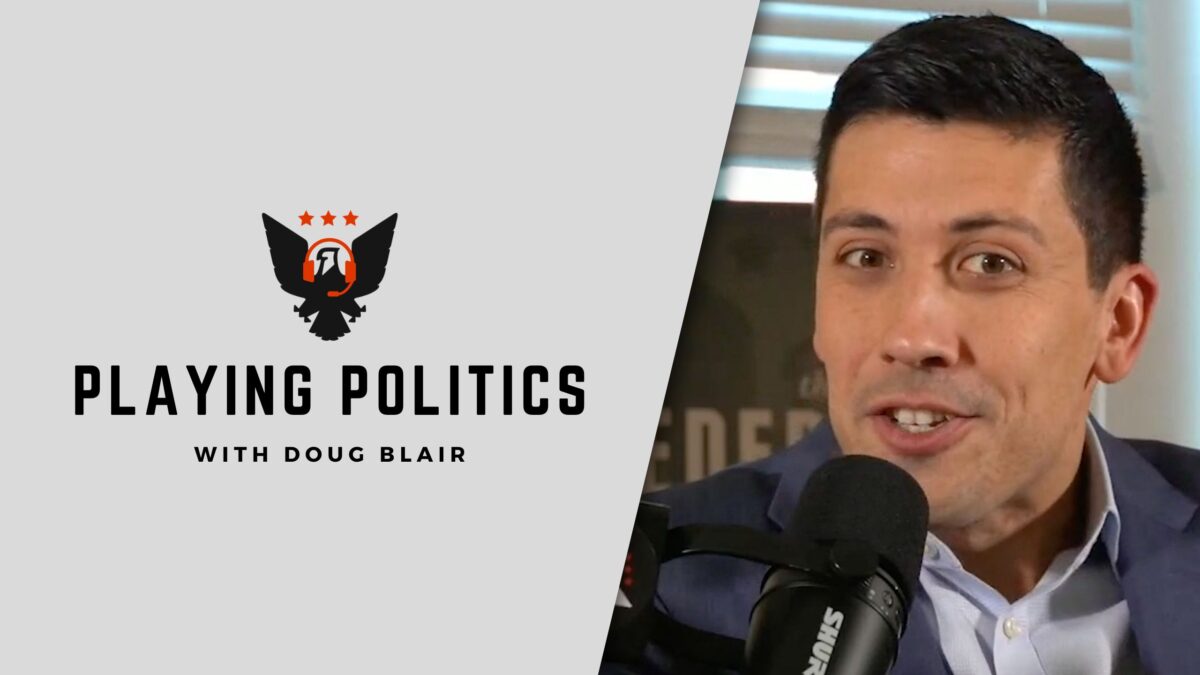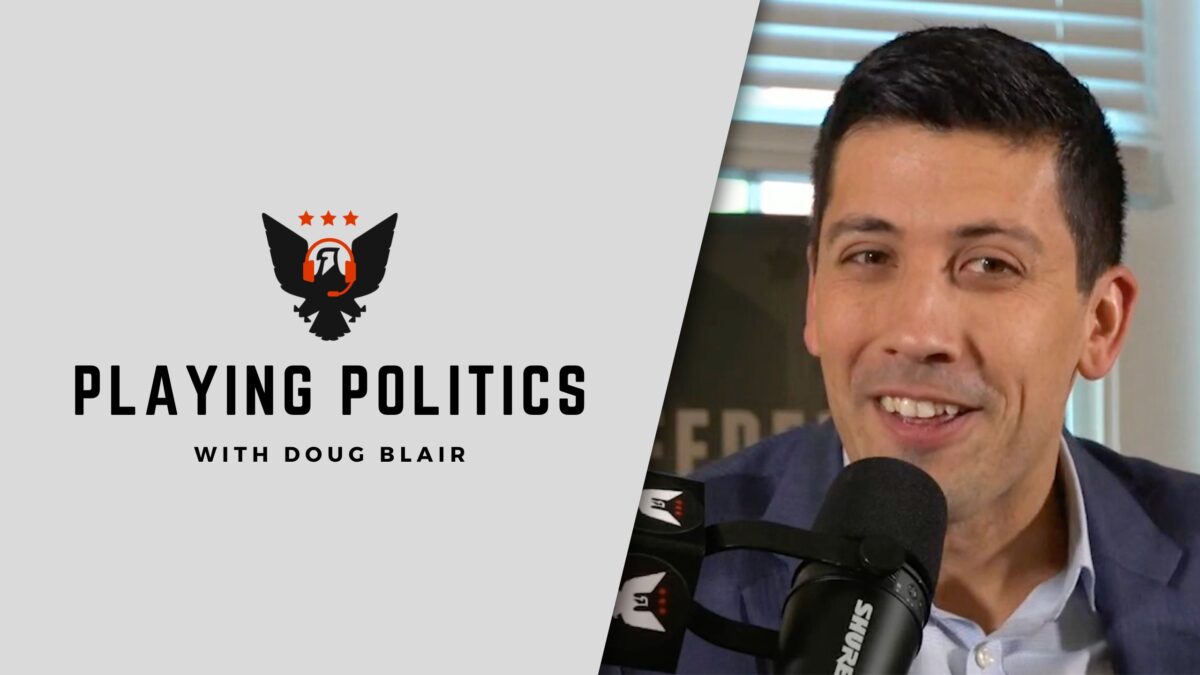Full disclosure: I can watch every Indiana Jones movie except the mythical fourth one again and again without pause, and I named 2009 the Year of the Video Game in no small part based on “Uncharted 2.” (My status as authoritative culture critic to my multiple children gives this extra weight.) I love both the movies and the games for capturing the explorer in the little boy of my soul and giving him a chance to face danger again.
But thinking about the music of those two franchises, maybe it’s time to realize that my little explorer is kind of stupid. The franchises are about very different things, and if I’d ever bothered to listen instead of being entranced, I’d have realized it sooner.
“Raiders March” (what almost all of us think of as The Indiana Jones Theme Song, much as we think of “The Skywalker Symphony” as The Star Wars Theme Song) is about Indiana Jones. It is brassy, sharp, punctuated—the song of an American. It’s brassy, bold, and proud, and certain of being an American at a time when Americans were (in the movies) exactly that. It’s not a coincidence that the music turns into something you could hear on a parade field with flags unfurling. Indiana Jones is America in many ways, and the story John Williams tells is one of a fearless and brave country facing danger down.
The opening theme to Uncharted, “Nate’s Theme” (in all its incarnations) is, despite its name, not per se about Nathan Drake, the series’ lead character. It’s exotic, with strong wooden drum sounds, and evocatively exotic brass snarls and whispers. It’s what you’d expect to hear in an old movie about British administrators or explorers in the Raj with doom all around them. It suggests danger and action, but mournful tones always sneak back in.
To the extent it’s about Drake, it’s the mournful, higher-paced bits that suggest not only a man barely grabbing a ledge, but one for whom doom is always coming. The theme to the most recent (and at least for now, final) Uncharted release only slowly builds up to the familiar notes, and stretches that mournful and reluctant theme out.
In their openings, the advertisement for what’s to come, where Indiana Jones is buoyant and proud, filled with brass and short, trailing notes, Uncharted is mournful and dangerous. This doesn’t end with the openings; the composers for each were intent on painting very different pictures.
Take “The Keeper of the Grail,” from “Indiana Jones and The Last Crusade.” It carries some of the same evocative notes as the opening, but only after a long, wary note that stretches almost painfully long; and it tells the story not only of Jones’s interaction with that last Grail knight, but his tentative, searching review of the putative Grails. It is fundamentally about Jones and how he sees and navigates the world.
By contrast, “Pursuit” from “Uncharted 3: Drake’s Deception” is about the chase, and the environment: always, always, the drums come for you, but this time they’re faster, and there are worried and harried notes. It’s about how anyone would experience that environment and that moment.
The contrast is easily explicable on one level: The Uncharted series is a bunch of video games, and to some extent, you want your gamers to identify with the character and feel like they’re in his shoes but still a little bit themselves. In a movie, you’re telling a story, where you seek the audience’s complete identification with the character—in Indiana Jones’s case, America.
Therein is the more meaningful difference. Indiana Jones comes from a 1980s zeitgeist that believed in America and reflected a 1930s one that certainly did as well: An America that (repeatedly) punches Nazis because they’re evil, that faces supernatural horror with an everyman smirk, quip, or grimace, and that triumphs in the end. Uncharted has its birth in an age where America either doesn’t believe so strongly in itself (or at least, not so resolutely), and is telling the story of a younger man who happens to be American as he goes from place to place, barely but eventually climbing impossible rock faces and finding amazing treasures, only to lose them and risk the things he claims he values most in the process.
Indiana Jones tells a story of hope, promise, and accomplishment in its music; Uncharted tells a story of a dark, dangerous world, with tragedy always around the corner. The first is a story for that brave little explorer; the second is a story for that older man who looks back fondly on him, but thinks the explorer’s adventures can never be.
